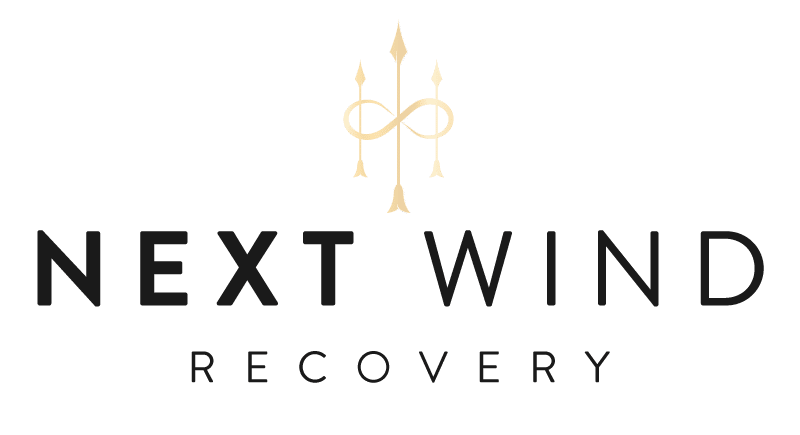Beyond the Shadows: Shedding Light on the Warning Signs of an Overdose
Drug overdoses are severe and potentially life-threatening situations that can occur when a person takes an excessive amount of drugs or substances. Understanding the warning signs of an overdose is essential to respond quickly and effectively. An overdose can happen with various legal and illegal substances, including prescription medications, opioids, stimulants, and even alcohol.
Next Wind Recovery is a top-rated drug rehab in New Jersey.
Common Substances Involved In Overdoses
Overdoses can involve various substances, each with its own risks and symptoms. Opioids, such as prescription painkillers or heroin, are among the most common substances involved in overdoses. These drugs can depress the central nervous system, leading to slowed breathing, decreased heart rate, and loss of consciousness.
Stimulants like cocaine or methamphetamine can also result in overdoses. They can cause an increase in heart rate, blood pressure, and body temperature. Overdosing on stimulants can lead to cardiac arrest, seizures, or stroke.
Combining substances, such as alcohol and opioids, can significantly increase the risk of an overdose. Alcohol can intensify the effects of other drugs, making them more potent and increasing the likelihood of an overdose.
Recognizing The Signs Of A Drug Overdose
Recognizing the symptoms of a drug overdose is essential for early intervention and potentially saving a life. If you suspect someone may be experiencing an overdose, look for the following signs:
- Unresponsiveness or inability to be awakened: The person may not respond to stimuli or attempt to wake them up.
- Shallow or irregular breathing: Pay attention to the person’s breathing pattern. If it is shallow or uneven, it may indicate an overdose.
- Discolored lips or fingertips: Bluish or purplish lips or fingertips can indicate oxygen deprivation.
- Evidence of drug use or drug paraphernalia: Look for signs of drug use, such as pill bottles, syringes, or drug paraphernalia nearby.
- Changes in behavior or appearance: Notice any sudden changes in behavior, mood, or appearance that may indicate an overdose.
If you suspect someone is overdosing, it is crucial to call emergency services immediately. Time is of the essence, and prompt medical attention can be life-saving.
What To Do If You Suspect An Overdose
If you suspect someone is experiencing an overdose, it is essential to take immediate action. Follow these steps:
- Call emergency services: Dial the emergency number in your country to request medical assistance. Provide them with all the necessary information, including the person’s condition and any substances involved.
- Stay with the person: Do not leave the individual alone. Offer reassurance and support while waiting for medical professionals to arrive.
- Administer naloxone if available: If the overdose involves opioids and naloxone is accessible, follow the instructions and administer the medication if trained.
- Perform CPR if necessary: If the person stops breathing or their heart stops, perform CPR if you are trained. Follow the instructions provided by the emergency operator.
- Provide accurate information to medical professionals: When medical professionals arrive, provide them with accurate and detailed information about the situation. This information can help them determine the appropriate course of action.
Remember, it is always better to err on the side of caution and seek medical assistance if you suspect an overdose. Timely intervention can save lives.
How To Prevent Overdoses
Preventing overdoses starts with education and awareness. Here are some steps you can take to minimize the risk of an overdose:
- Educate yourself: Learn about the potential risks and warnings associated with your medications or substances. Understand safe dosages, possible interactions, and the signs of an overdose.
- Follow prescribed guidelines: If you are on prescription medications, follow the prescribed dosage and instructions carefully. Do not exceed the recommended amount or frequency without consulting your healthcare provider.
- Avoid mixing substances: Mixing substances, especially alcohol, and drugs, can significantly increase the risk of an overdose. Be cautious and avoid combining substances unless directed by a healthcare professional.
- Properly store and dispose of medications: Keep medications in a secure location, away from children and unauthorized individuals. Dispose of unused or expired medications correctly to prevent accidental ingestion.
- Seek help for substance abuse: If you or someone you know struggles with substance abuse, seek professional help. Treatment programs, counseling, and support groups can provide the necessary guidance and resources for recovery.
Taking proactive measures and staying informed can significantly reduce the chances of experiencing or witnessing an overdose.
Prevent Overdose with Addiction Treatment at Next Wind Recovery
Overdoses are a severe and potentially life-threatening situation that can affect anyone, regardless of their background or history. Understanding the warning signs of an overdose is crucial for early intervention and potentially saving lives.
If you suspect someone is experiencing an overdose, do not hesitate to call emergency services immediately. Time is of the essence, and prompt medical attention can be life-saving. Take steps to prevent overdoses by educating yourself, following prescribed guidelines, and seeking help for substance abuse if needed.Get help preventing overdose today with Next Wind Recovery. Learn about our addiction treatment services in NJ and how we can help.








